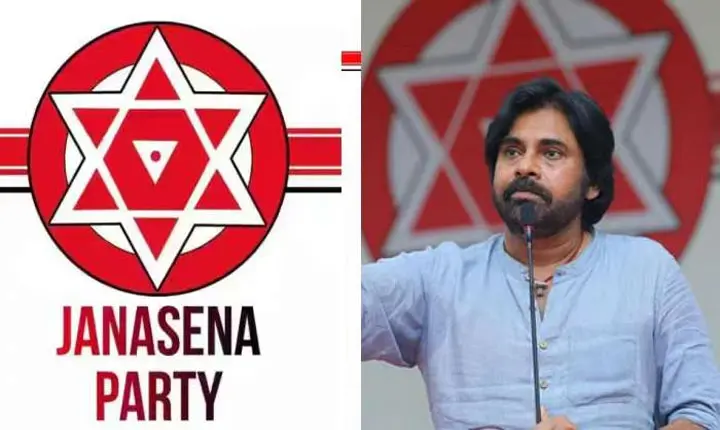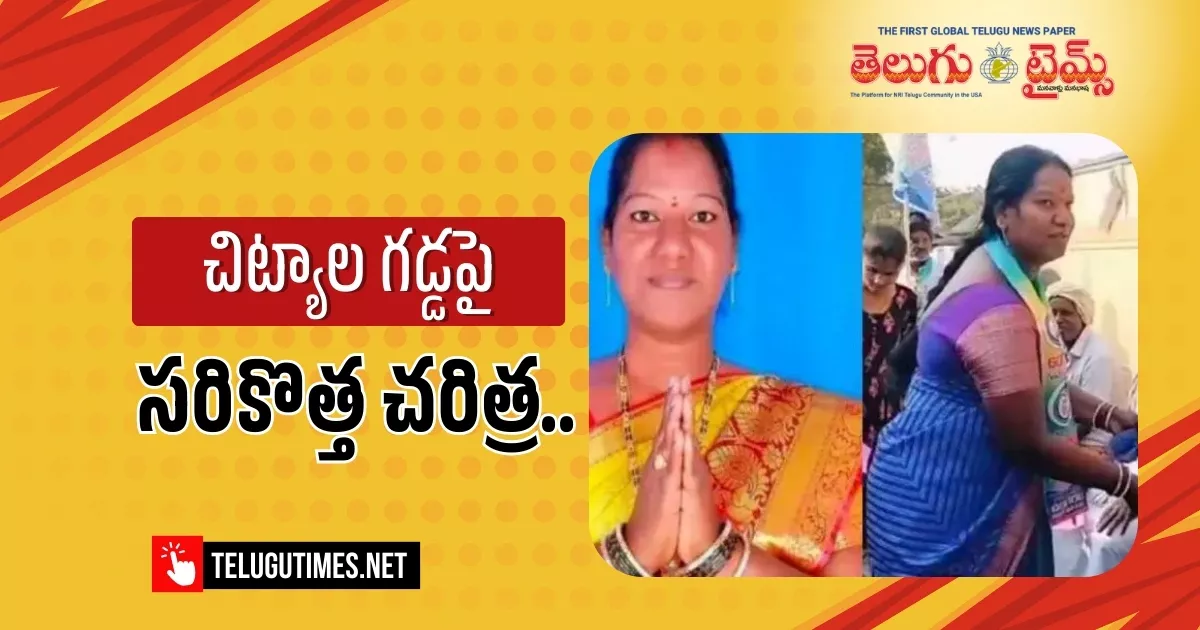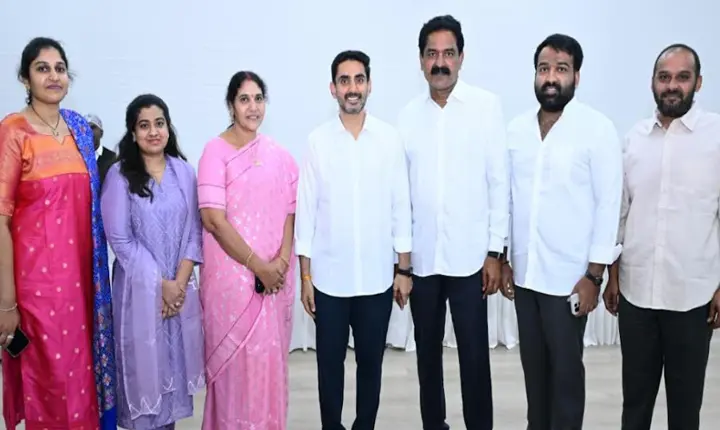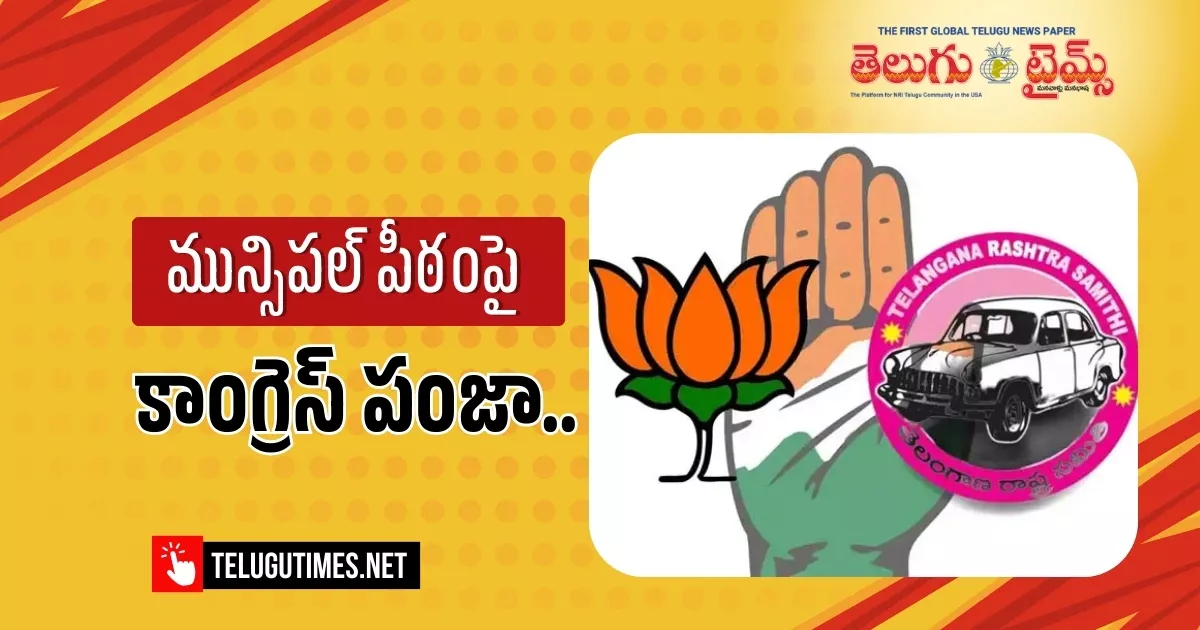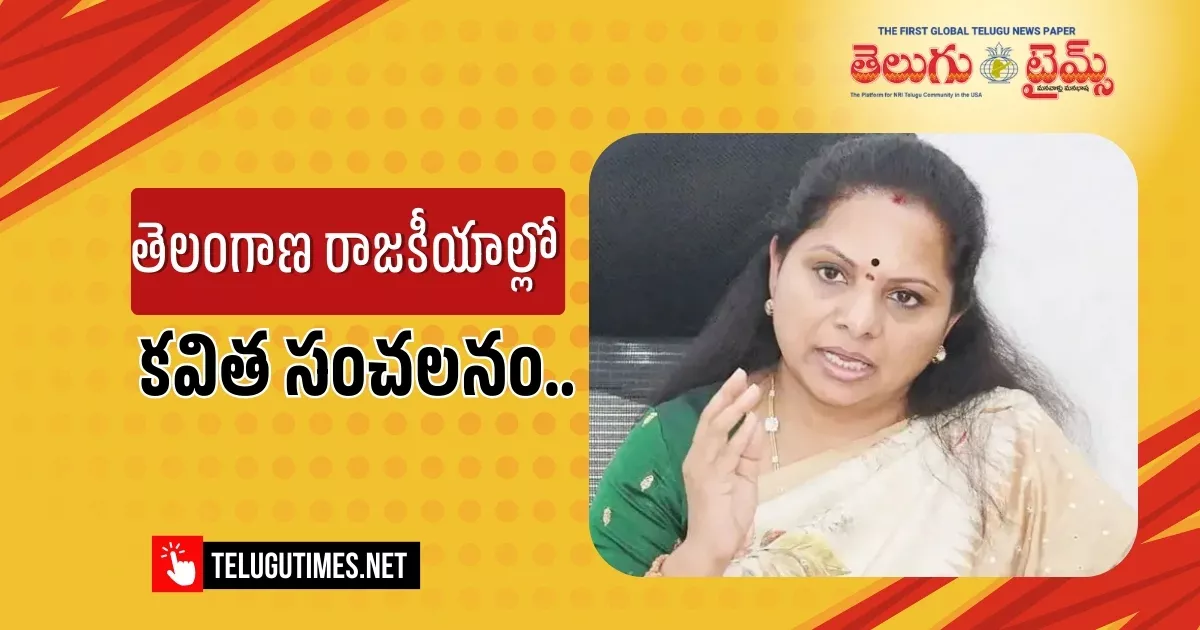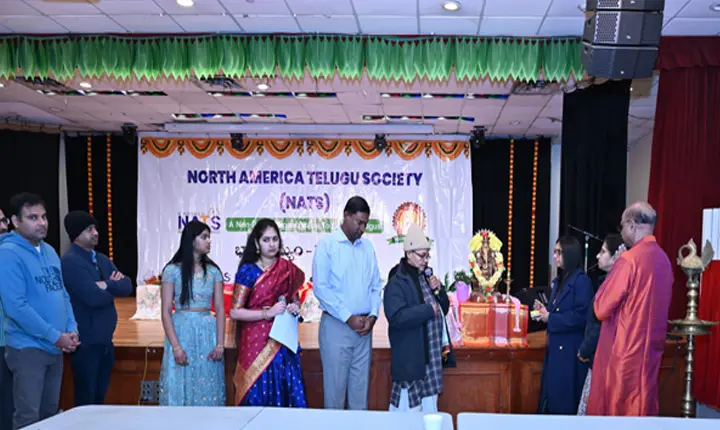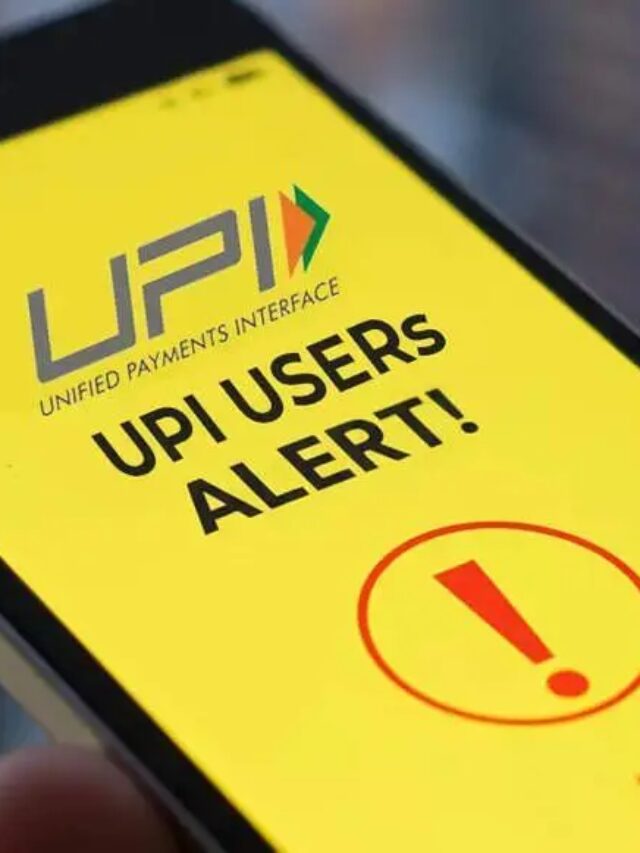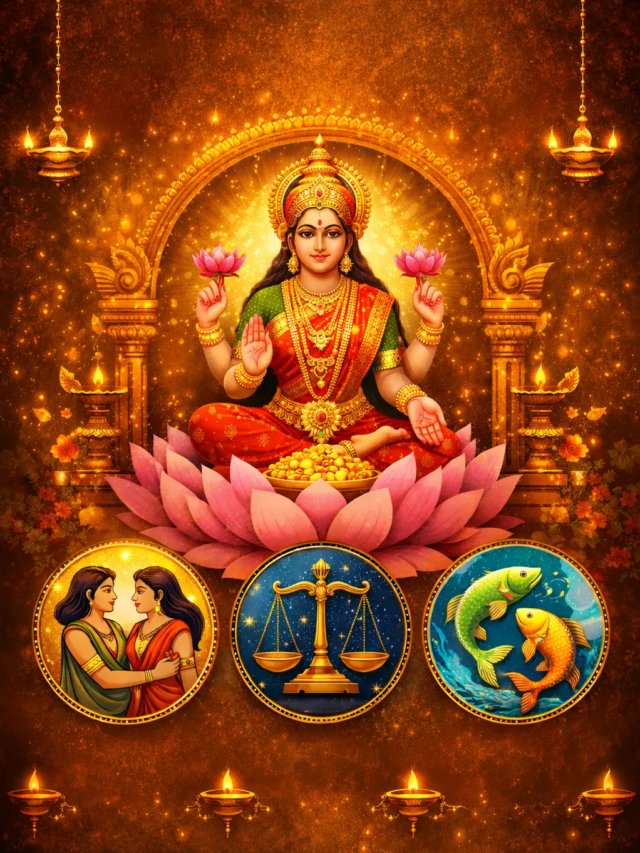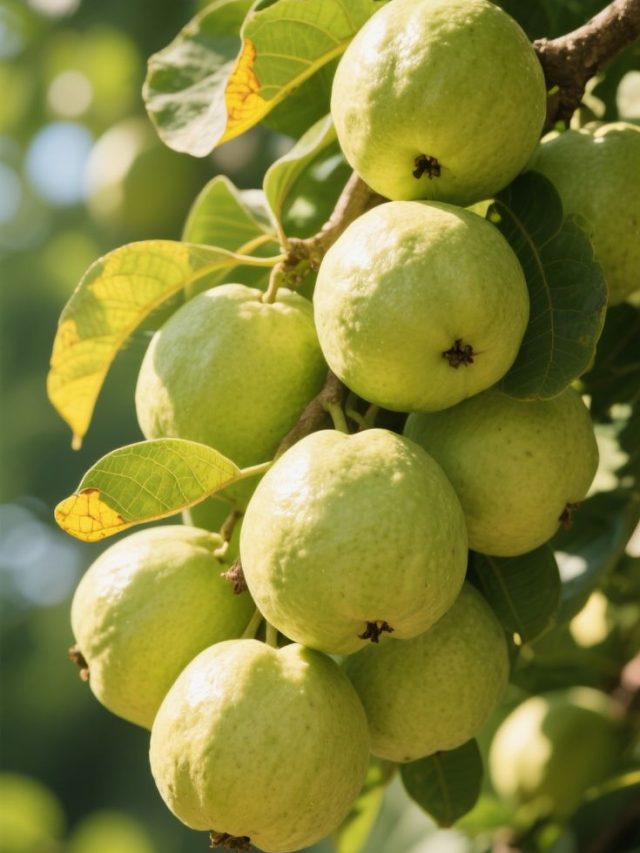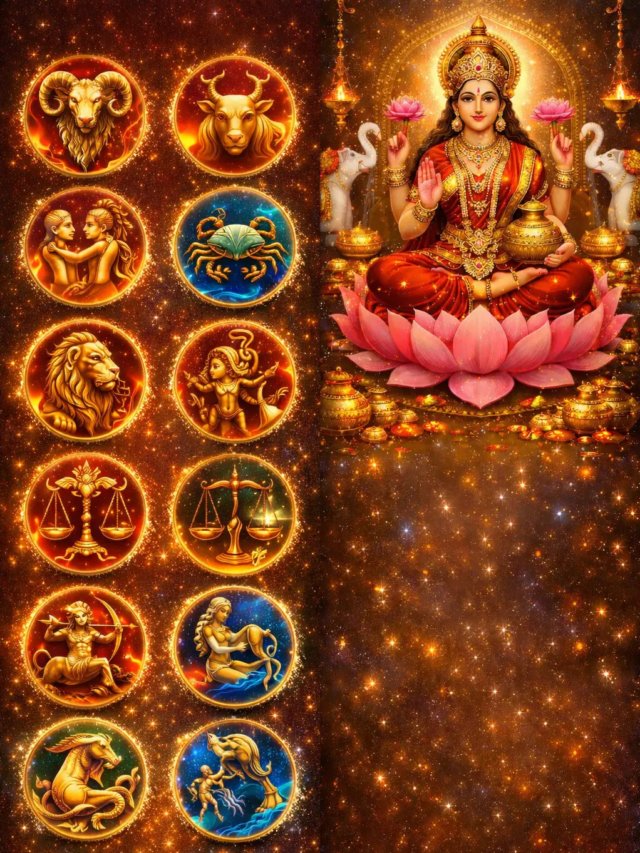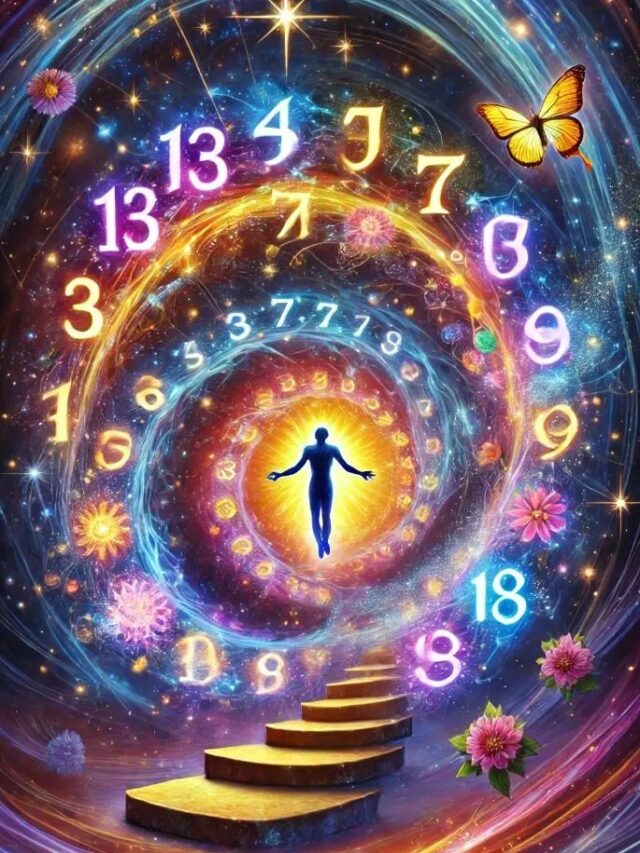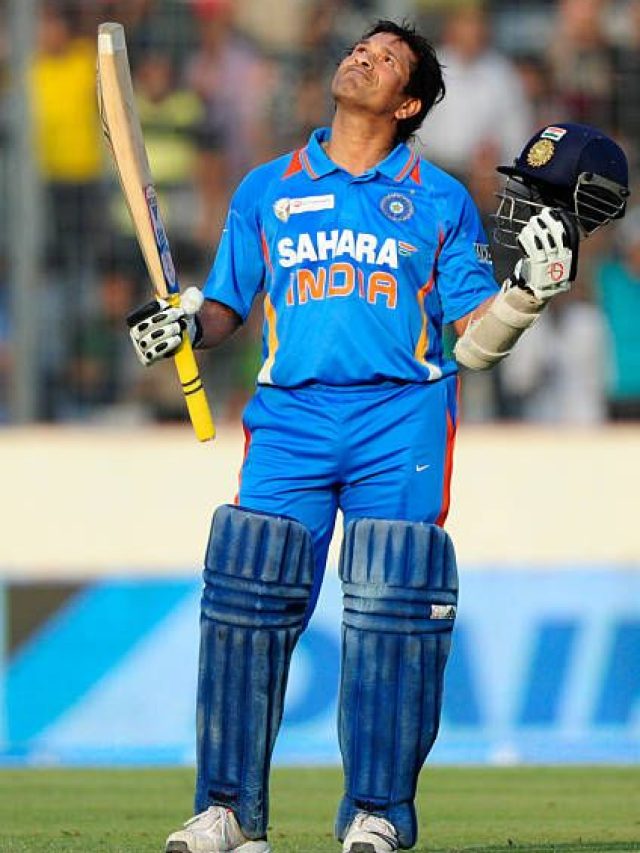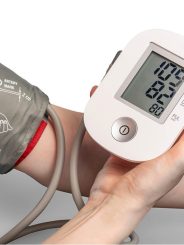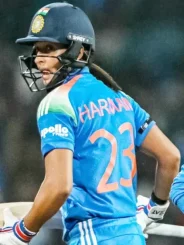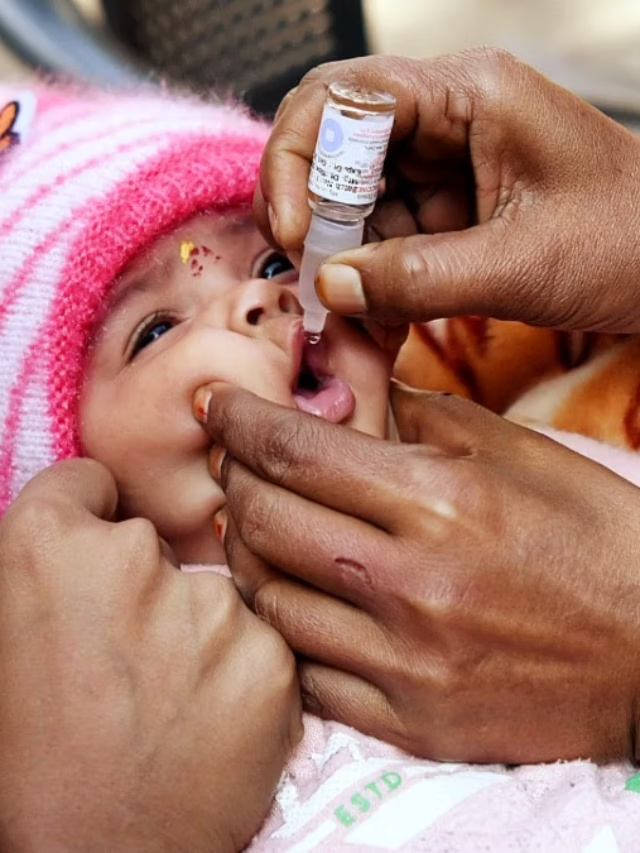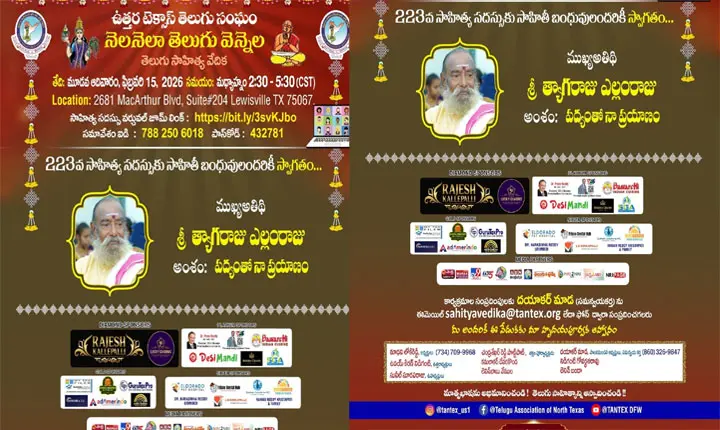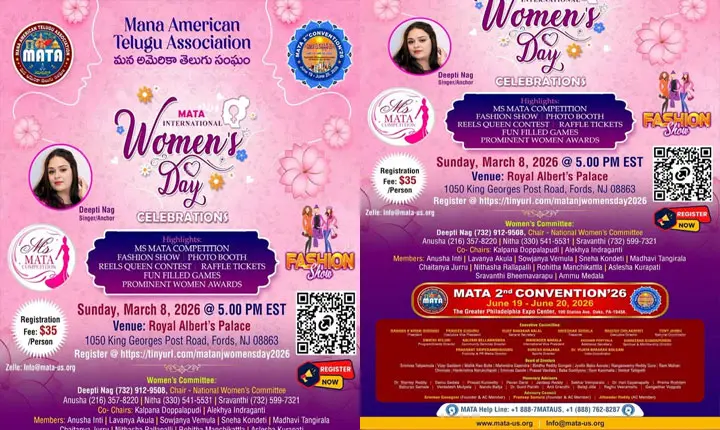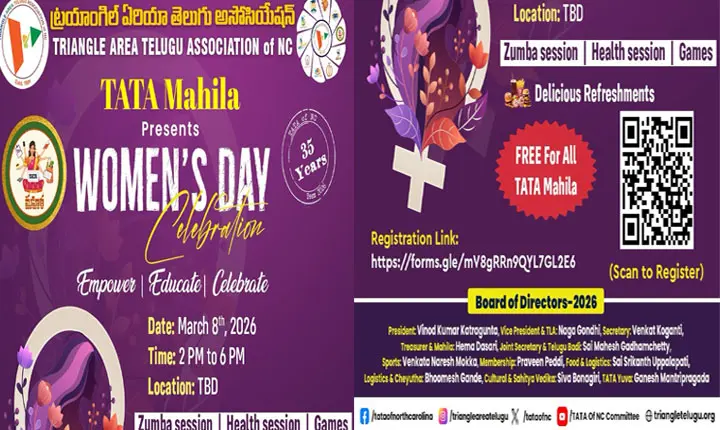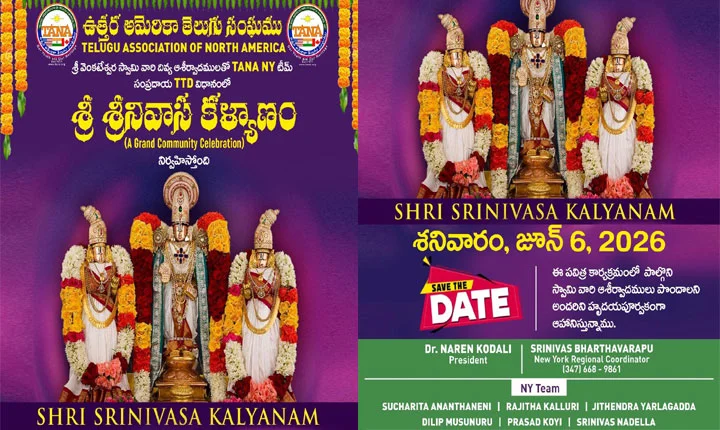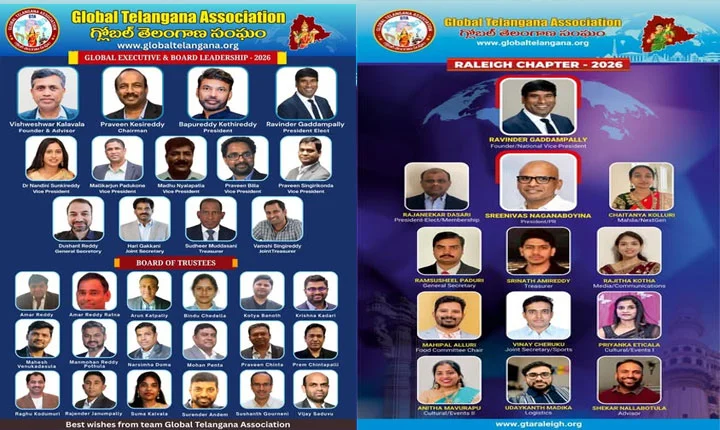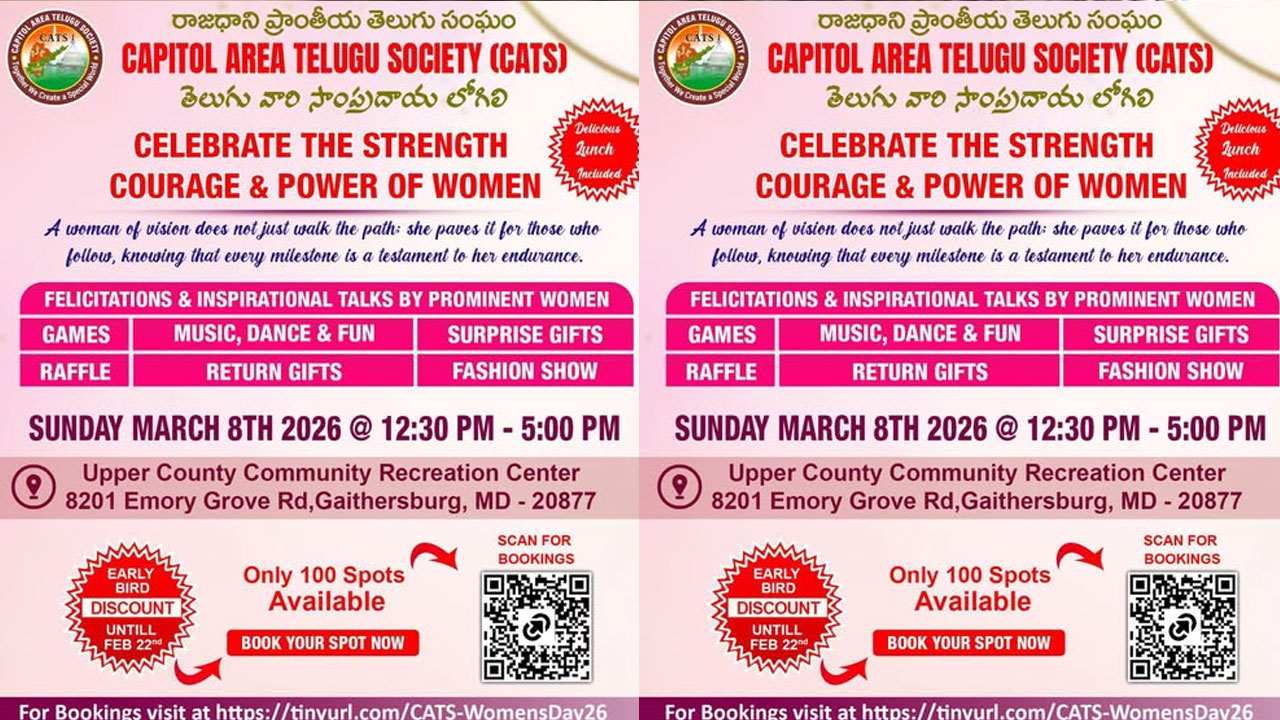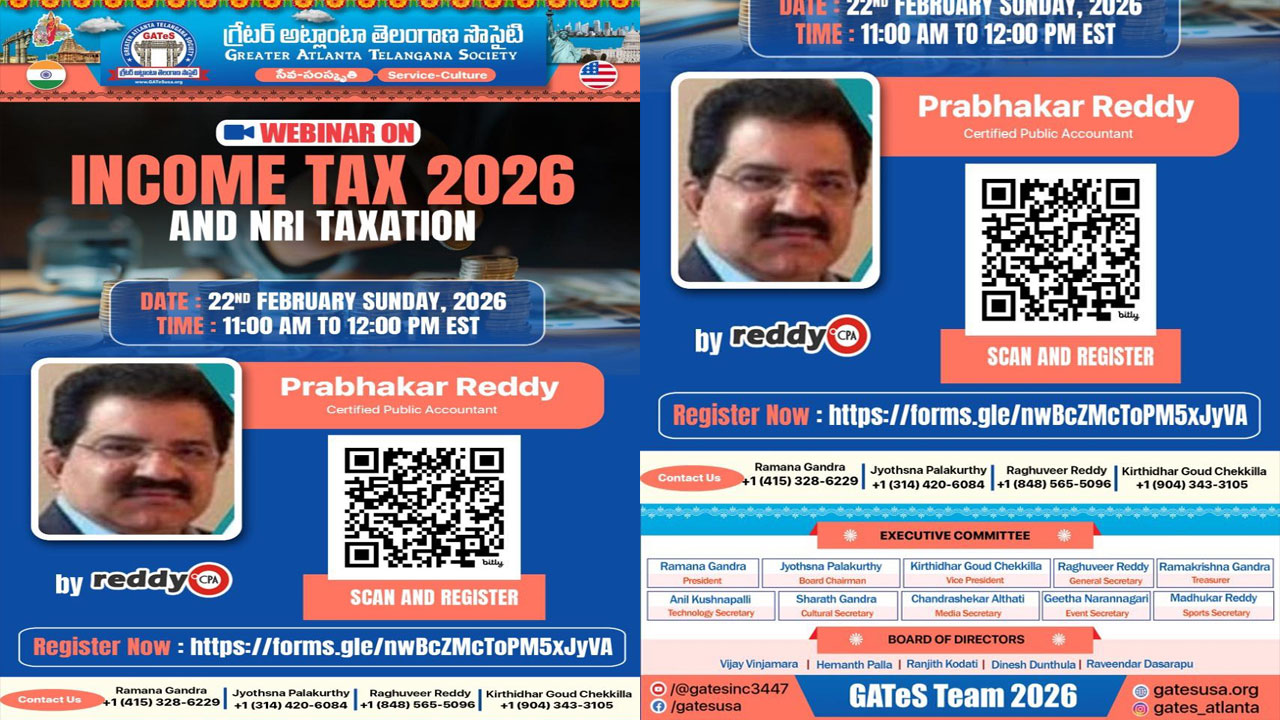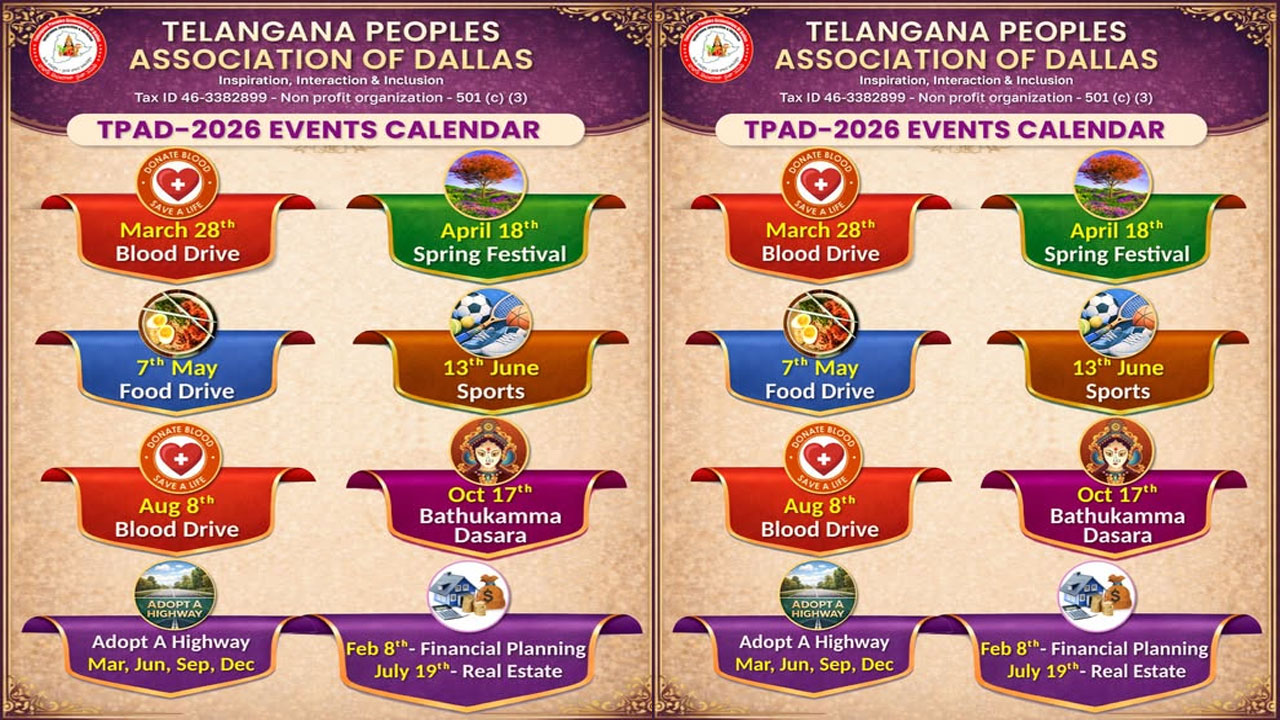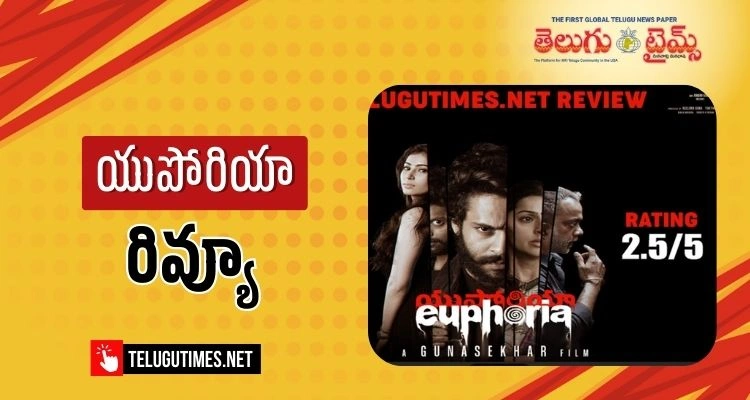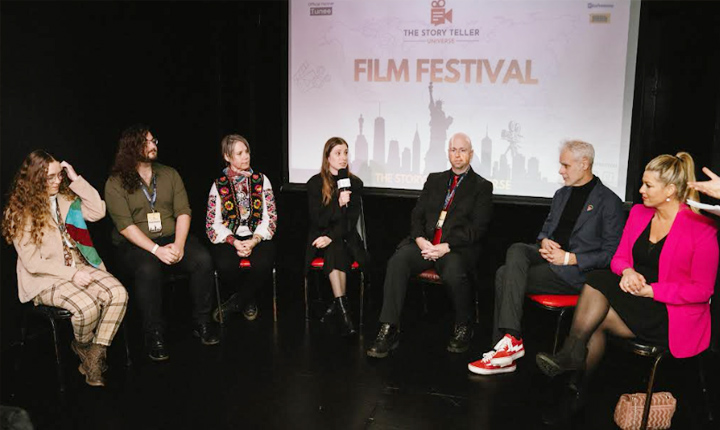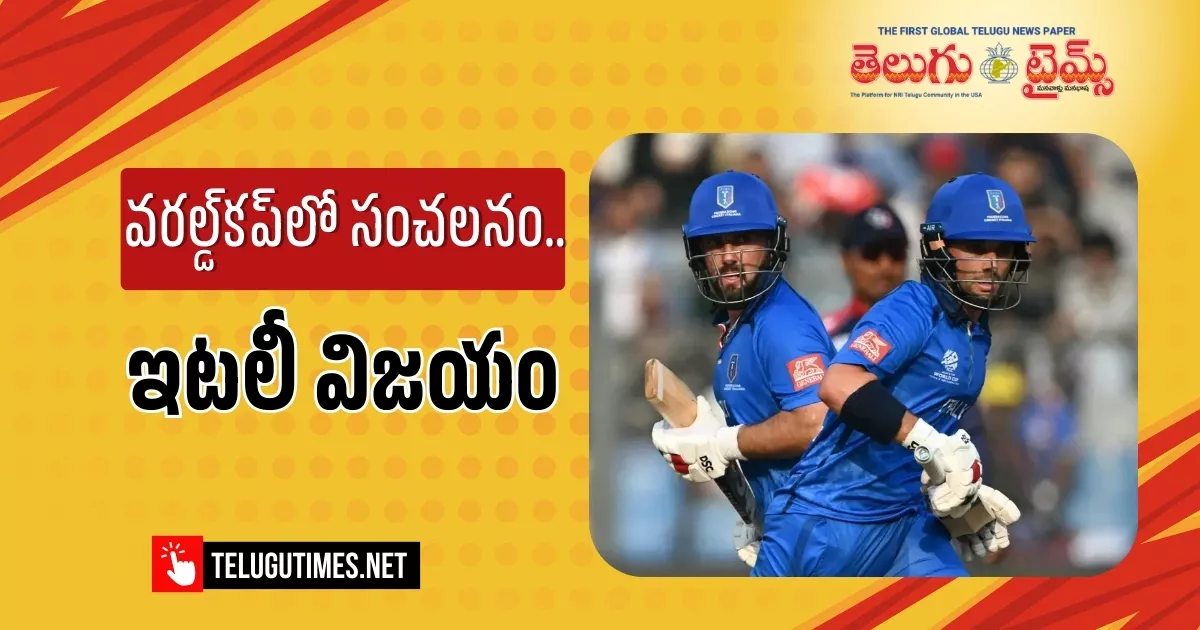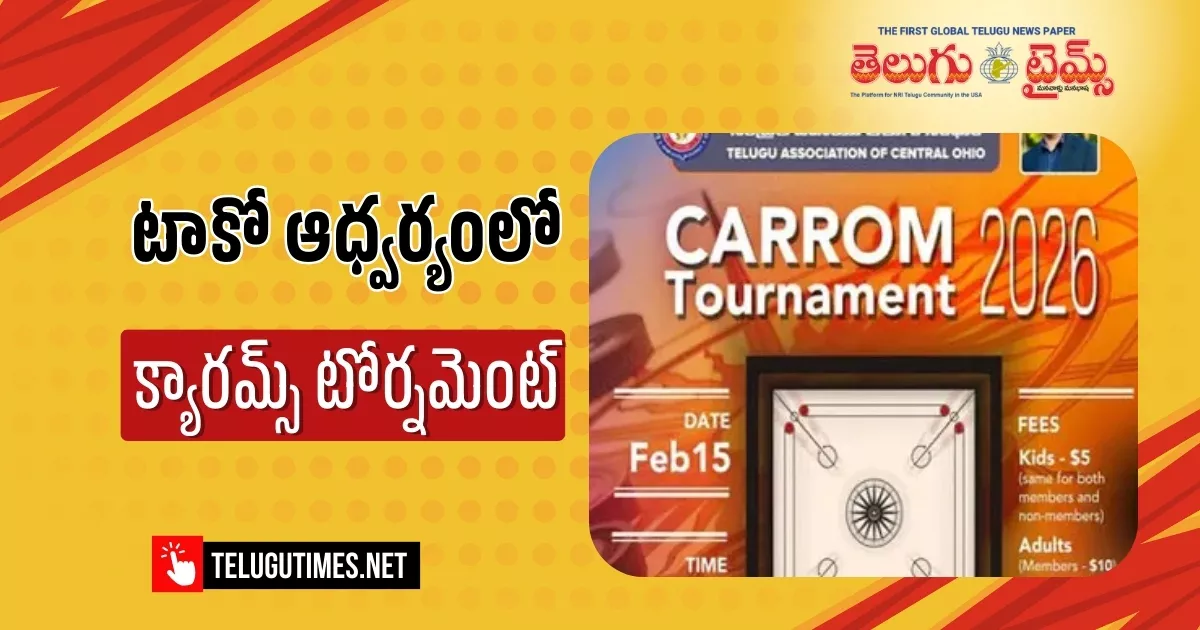CM Review meeting on Education
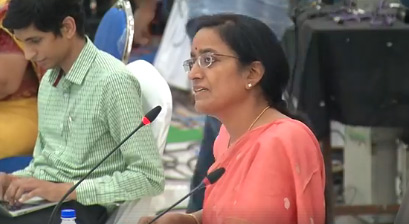
The Chief Minister said that industry leaders must be involved as guest lecturers in the education sector. Sandhya Rani, Commissioner of School Education, presented the developments of the department and called on the collectors for action to be taken.
“Andhra Pradesh has the 3rd rank in Language and Mathematics in the country”, she said. In the SSC results of 2018, the total pass percentage is 94.48% and 47.01% of all schools have achieved a pass percentage of 100%.
She spoke about Vidya Vikaasam, a comprehensive Strategy and Action Plan to accelerate and improve learning outcomes of students. This will be done through remedial programmes, teacher training, academic monitoring, assessments, technology integration in classrooms using DCRs, VCRs, APeKX, e-content and special projects like Ananda Lahari Abhyasana and Isha Vidhya.
She requested district collectors to set up task forced to review and close down unrecognised schools, and regulate and monitor private schools. The Chief Minister then released the AP State Learning Report, done by the National Achievement Survey on classes 3,5 and 8.
Dr. Sujata Sharma, Special Commissioner, Collegiate Education requested the Chief Minister to launch the AP Student Academic Management System. This is an e-Pragati compliant programme, integrating e-admission and e-administration to include all the parts of a student life cycle, from admission using common application forms, centralised processing of selecting list, issue of certificates, placements and real-time data on Gross Enrollment Ratio. The system also includes automatic registration for bio metric (facial) attendance, student profiles and real-time data about eligibility for scholarships, free books etc.
S. Rawat, Principal Secretary (Social Welfare) reported that the sub plans SCC and STC have incurred the highest expenditure since they were rolled out. In the SCC sub-plan, 97.51% of the budget was spent, and in the STC sub-plan, 95.11% of the budget was spent.
He said that the 2 main focus areas in both the sub-plans are connectivity and safe drinking water. New schemes like Special Nutrition, Pelli Kaanuka, Land purchase programmes and Cobblers’ Livelihood Support and Food Baskets have started being implement.
Jnanabhumi, the scholarship programme, witnessed its highest expenditure this year. The districts, West Godavari, Krishna, Vizianagaram and Nellore have performed well. A new version of the programme will soon be launched, which will be paper-less and integrated with CFMS and People’s Hub.
Mr. Rawat said that all indicators of social and tribal welfare have shown good progress. He urged collectors to ensure convergence of the programmes with MNREGS and access to credit for land-based livelihoods. He also said that the collectors must analyse the causes of the outbreak of Anthrax, and monitor anti-malaria fogging and the implementation of Adivasi Aarogyam.
To ensure that tribal communities don’t miss out on Industry 4.0, the digital revolution, many initiatives are being taken. 341 mobile towers, Girinet (Phase 1 of AP FiberNet) in all gram panchayats, streaming content for education, a MeeSeva centre, video conference facilities and space for Micro ATMs are being implemented.
Additionally, virtual classrooms, computer labs, ICT for content and skill development programmes are being developed. He also said that 200 students from APSWREIS and Gurkulams qualified the IIT Mains and are appearing in IIT Advanced.
The Chief Minister said that in tribal areas, more than just resources, awareness is important. “We can help people pursue many opportunities of development and be resourceful in these areas”, he said.
The Chief Minister launched the Adarana Portal, an online medium to access the recently launched scheme. The portal will allow people to apply online for the scheme which will provide artisans of the BC community with modern and improved handset tools. After being launched on March 15, the department has conducted district level workshops in 7 districts.
Udaya Lakshmi, Secretary of BC Welfare, presented the developments of the department and said that 9.58 lakh students have received scholarships in the year 2017-18.
Minorities Welfare Commissioner K. Praveen Kumar urged District Collectors to ensure implementation of the schemes, Overseas Education, Vidyonathi programme and Honorariums to imams. He also said that the grounding of bank-linked schemes needs immediate attention in all districts. Out of a target of ₹15,000 crores, ₹13,675 crores were released in the last financial year. The grounding for these funds under Minorities Finance Corporation also requires monitoring by the Collectors. Mr. Kumar told the Collectors that they should immediately send estimates for shaadikhanas, churches, masjids, burial grounds and compound walls.
The Chief Minister said that the department must create separate common platforms for economic schemes and construction activities each. “The Welfare Department must coordinate with a senior official in each district for better implementation of schemes. Vyshyas corporation also must be established at the earliest and EBC (Economically Backward Classes must) must also have their own corporation.
Krishna Mohan presented initiatives taken under SERP and said that Collectors should assert on banks for grounding. They must be told not to insist for purchase of insurance and pension policies. “Collectors should also ensure that SHGs should use higher dose of finance to pursue income generating activities”, he said.



